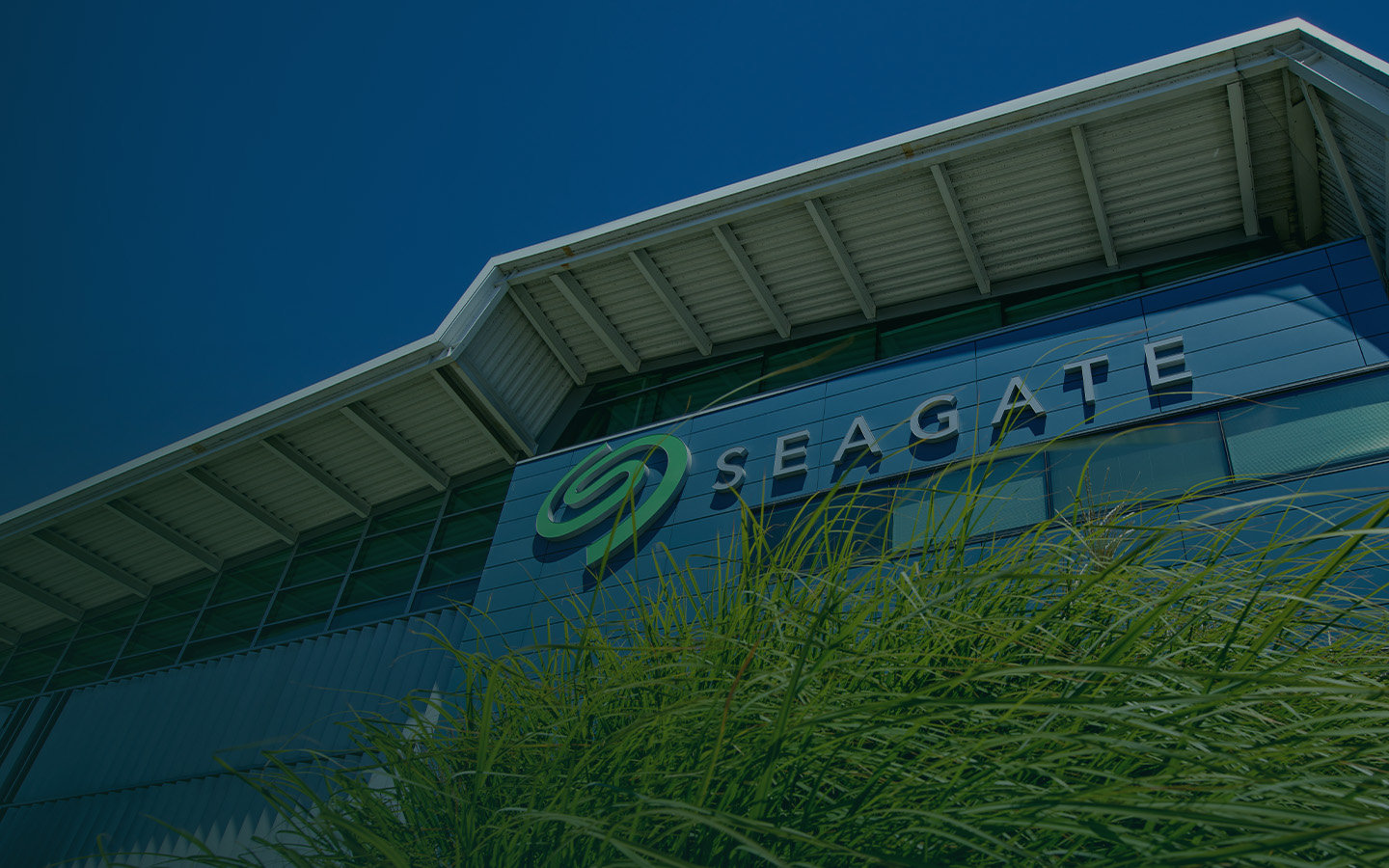- May 19, 2011
- 21,210
- 16,430
- 136
I posted this thread a few years ago:
 forums.anandtech.com
forums.anandtech.com
I thought it would be better to start a new one as the old thread title isn't that helpful for this topic. I started using Toshiba Canvio Basics drives as a result of that thread and all seemed good for a while, but I've since noticed that at least one of the drives uses SMR tech because a large data backup's throughput went to pot. I checked the SMART data, looked up the drive model, and sure enough, Toshiba has jumped on the SMR bandwagon (not sure when). I suspect the 2TB model also uses SMR as a result of a recent experience but I'd need to check the model of those drives I sold recently to be sure.
As I'm not aware of any HDD manufacturers that are marketing non-SMR external hard drives, it seems to me that I'd either be relying on word-of-mouth recommendations that are a) temporary (ie. a manufacturer could at that moment be using CMR drives, then later change to SMR), and/or b) dependent on the recommender's ability to spot an smr drive. I'm thinking the best way forward is to start buying 2.5" USB3 enclosures and the drives separately, after obviously checking the drive's model number to ensure that it's not SMR. That's of course assuming that there are still CMR 2.5" HDDs available, which I'll start checking
I find this whole cloak-and-dagger business the HDD manufacturers are playing to be a bit odd though. At the end of the day, the most obvious reason to get a portable HDD over a high capacity USB flash drive is performance, and then the HDD manufacturers go and tank their drives' performance in the name of saving a little money. It still leaves a niche in the market for people who do want better performance, so why on earth don't the HDD manufacturers market a 'ultra high performance' portable HDD? Another alternative one might argue is an external SSD, but considering that SSD manufacturers also like to play similar silly games with their SSDs, it's basically the same problem with a different tech name, that's just aside from a 1TB external SSD seemingly being triple the price of a 1TB portable HDD.
Does anyone have a new Seagate portable USB 3.0 drive to test with?
I'm puzzling over the very hit-and-miss performance of a drive I've just bought for a customer. Here's a benchmark I did just now: The drive on the left is my own Seagate portable drive that I bought a few years ago that I have no problems with. The drive on the right is the one I've just...
I thought it would be better to start a new one as the old thread title isn't that helpful for this topic. I started using Toshiba Canvio Basics drives as a result of that thread and all seemed good for a while, but I've since noticed that at least one of the drives uses SMR tech because a large data backup's throughput went to pot. I checked the SMART data, looked up the drive model, and sure enough, Toshiba has jumped on the SMR bandwagon (not sure when). I suspect the 2TB model also uses SMR as a result of a recent experience but I'd need to check the model of those drives I sold recently to be sure.
As I'm not aware of any HDD manufacturers that are marketing non-SMR external hard drives, it seems to me that I'd either be relying on word-of-mouth recommendations that are a) temporary (ie. a manufacturer could at that moment be using CMR drives, then later change to SMR), and/or b) dependent on the recommender's ability to spot an smr drive. I'm thinking the best way forward is to start buying 2.5" USB3 enclosures and the drives separately, after obviously checking the drive's model number to ensure that it's not SMR. That's of course assuming that there are still CMR 2.5" HDDs available, which I'll start checking
I find this whole cloak-and-dagger business the HDD manufacturers are playing to be a bit odd though. At the end of the day, the most obvious reason to get a portable HDD over a high capacity USB flash drive is performance, and then the HDD manufacturers go and tank their drives' performance in the name of saving a little money. It still leaves a niche in the market for people who do want better performance, so why on earth don't the HDD manufacturers market a 'ultra high performance' portable HDD? Another alternative one might argue is an external SSD, but considering that SSD manufacturers also like to play similar silly games with their SSDs, it's basically the same problem with a different tech name, that's just aside from a 1TB external SSD seemingly being triple the price of a 1TB portable HDD.





